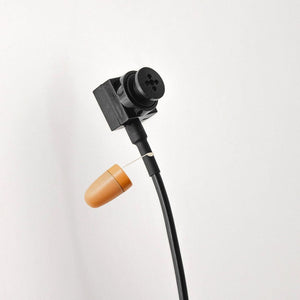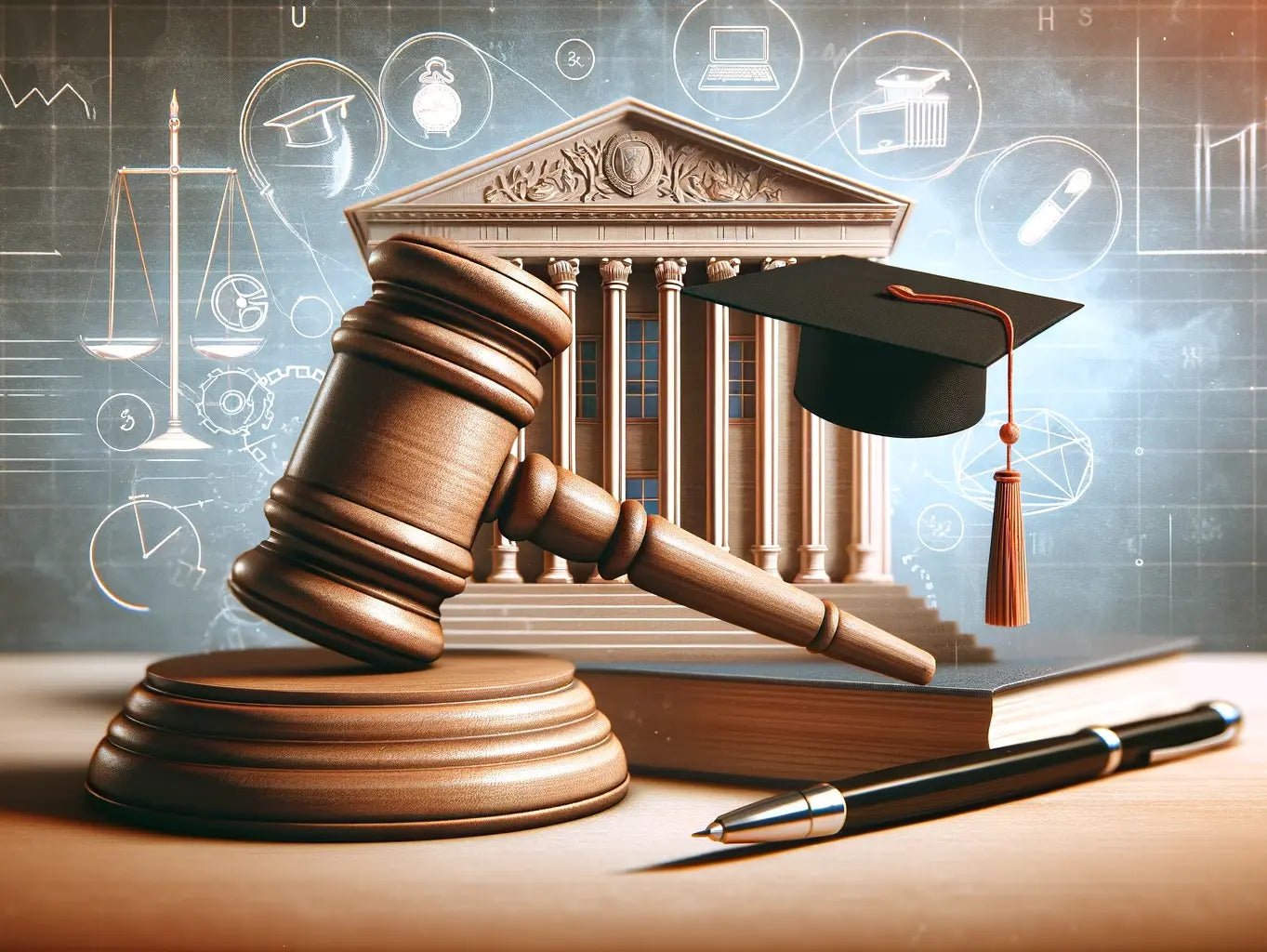Cheating is part of everyday exam routine for many students - whether as a desperate emergency solution or using sophisticated methods. But an attempt at cheating is more than just a harmless trick: universities and schools see it as exam fraud , which can have serious consequences. With digitalization and the introduction of online exams in particular, exam supervisors are facing new challenges, which is why attempts at cheating are being punished more and more severely. But what exactly happens if you are caught cheating? What penalties are threatened and when is an attempt at cheating officially considered cheating? In this article, we get to the bottom of the possible consequences and show you how to stay undetected.
1. Ethical considerations and personal decisions when attempting to cheat at university
Cheating on exams, in both traditional and online environments , presents students and teachers with ethical dilemmas. Although attempting to cheat on a college exam is not a criminal offense, it does pose significant academic risks. These actions—whether it is cheating on an exam or attempting to cheat on an online college exam—are often viewed as a violation of academic integrity. The decision to cheat on an exam is ultimately a personal choice that each individual must make for themselves. It should be made not only based on potential consequences, but also with one's own ethical standards and future goals in mind.
2. Academic consequences and legal aspects of an attempted deception
An attempt to cheat in an exam, such as using a cheat sheet , can lead to academic consequences, but usually not to criminal consequences. While universities and colleges have their own policies that can range from the cancellation of exam results to expulsion, the acts of cheating in themselves are not relevant under criminal law.
In Germany, paragraphs 201 and 201a of the Criminal Code are particularly relevant, which regulate the recording of audio and video content. These laws ensure that recording people in certain situations without their consent is a criminal offense. Our cheating tools, such as the hidden shirt button camera and the cheating kit , are therefore deliberately designed so that they cannot record audio content. This avoids users inadvertently violating personal rights. This aspect is particularly important to ensure that the use of the tools does not violate criminal law provisions, while at the same time users must understand and weigh up the academic risks and consequences of their actions.
3. Modern cheating methods: opportunities and risks
With the increase in online exams, cheating methods have also evolved to meet new challenges. These modern methods offer both opportunities and risks and require students to carefully consider them.
- Innovations in cheating : Digital exam environments have led to new cheating methods. Hidden digital tools and advanced technologies, such as the spy cameras and spy sets available from Spickprofi, offer students the opportunity to cheat discreetly in online exams. These tools are designed to be efficient and discreet and can be a practical solution for challenging exam situations.
- Risks and ethical considerations : While modern cheating methods can be effective, they also carry risks. Attempting to cheat on a paper or exam can result in academic penalties, even if there are no criminal consequences. It is important to consider the ethical implications of cheating and the potential impact on one's academic career.
- Weighing the risks : It is crucial for students considering modern cheating methods to carefully weigh the risks, not only in terms of practical implementation, but also personal ethical considerations and the long-term consequences for their academic and professional future.
Innovative cheat sheet
Discover our cheat set, ideal for
discreet peeping. Perfectly camouflaged and
easy to use.
Learn more
4. Conclusion: Assessment of the risk of attempted deception or fraud
The issue of cheating in exams, especially online exams, is a complex issue that presents students with difficult decisions. While modern cheating methods offer innovative solutions to the challenges of digital exams, it is crucial that students understand and carefully consider the potential academic and ethical consequences of these actions.
It is important to stress that although cheating does not carry criminal consequences, it still carries serious academic risks. Any attempt to cheat on an exam can undermine the relationship of trust between students and the academic community and have long-term consequences for personal development and professional futures.
Ultimately, the decision to cheat is a personal choice that each student must make for themselves, based on their own ethical considerations and assessment of the risks. Education is a valuable asset, and how we conduct ourselves along the way shapes not only our character, but also our future.
If you have any questions or concerns about this topic, do not hesitate to contact us at info@spickprofi.de . Our team is ready to offer support and advice.





